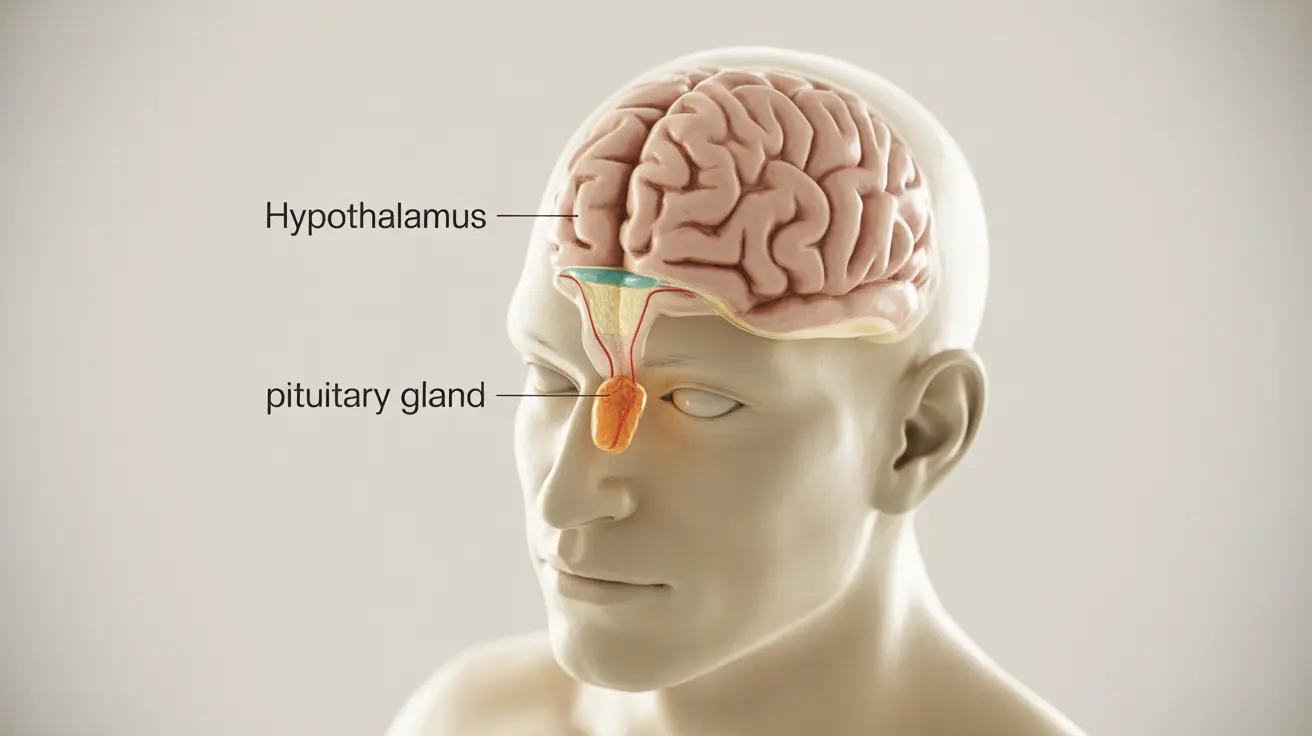Syndrome of Inappropriate Antidiuretic Hormone (SIADH) is a complex endocrine disorder that occurs when your body produces too much antidiuretic hormone (ADH), leading to imbalanced fluid and electrolyte levels. Recognizing the symptoms of SIADH early is crucial for proper diagnosis and treatment, as this condition can have serious health implications if left unmanaged.
In this comprehensive guide, we'll explore the key symptoms, causes, diagnostic processes, and treatment approaches for SIADH, helping you better understand this important medical condition.
Key Symptoms of SIADH
The symptoms of SIADH can range from mild to severe, and they often develop gradually. Early recognition of these signs is essential for timely medical intervention:
- Nausea and vomiting
- Headache
- Confusion or mental changes
- Muscle weakness or cramps
- Decreased appetite
- Fatigue and lethargy
- Irritability
- Seizures (in severe cases)
Early Warning Signs
Initial symptoms may be subtle and can include:
- Unexplained headaches
- Mild confusion or difficulty concentrating
- Changes in personality or behavior
- Muscle twitching or cramping
Understanding the Causes of SIADH
Several underlying conditions can trigger excessive ADH production in SIADH:
Medical Conditions
- Cancers (particularly lung cancer)
- Brain injuries or disorders
- Chest infections or diseases
- Nervous system disorders
Medications
Certain medications can contribute to SIADH development:
- Antidepressants
- Anti-seizure medications
- Some pain medications
- Certain cancer treatments
Diagnostic Process
Diagnosing SIADH involves several key steps and tests:
- Blood tests to measure sodium levels
- Urine osmolality testing
- Serum osmolality measurement
- Complete metabolic panel
- Thyroid and adrenal function tests
Treatment Approaches
Treatment for SIADH typically involves multiple strategies:
Immediate Interventions
- Fluid restriction
- Medication adjustment
- Salt tablets (in some cases)
- Close monitoring of sodium levels
Long-term Management
Long-term treatment focuses on:
- Addressing underlying causes
- Regular monitoring of fluid and electrolyte levels
- Medication management
- Lifestyle modifications
Preventing Complications
To prevent serious complications, patients with SIADH should:
- Follow prescribed fluid restrictions
- Monitor symptoms carefully
- Attend regular medical check-ups
- Report any new symptoms promptly
Frequently Asked Questions
What are the common symptoms of SIADH and how can I recognize them early? Early symptoms include headaches, confusion, muscle weakness, and nausea. Watch for changes in mental status, decreased appetite, and unusual fatigue. These symptoms often develop gradually but should be reported to a healthcare provider promptly.
What causes the excessive antidiuretic hormone production in SIADH? SIADH can be caused by various factors including certain cancers (especially lung cancer), brain injuries, infections, and medications such as antidepressants and anti-seizure drugs. Sometimes, the cause remains unknown.
How is SIADH diagnosed through blood and urine tests? Diagnosis involves measuring blood sodium levels, urine osmolality, and serum osmolality. Doctors will also perform comprehensive metabolic panels and may check thyroid and adrenal function to rule out other conditions.
What treatments are available to manage the symptoms of SIADH? Treatment options include fluid restriction, medication adjustments, and sometimes salt tablets or medications that help increase sodium levels. The specific approach depends on the severity of symptoms and underlying cause.
What complications can arise if SIADH is left untreated or sodium levels drop too low? Untreated SIADH can lead to severe complications including seizures, brain swelling, respiratory failure, and in extreme cases, coma. Low sodium levels (hyponatremia) can cause serious neurological symptoms and require immediate medical attention.




